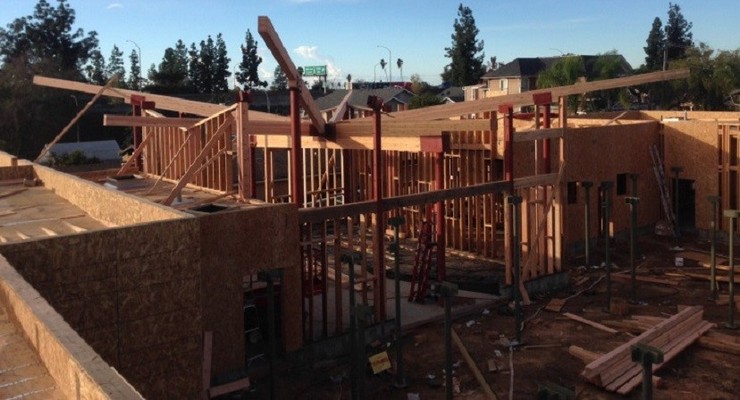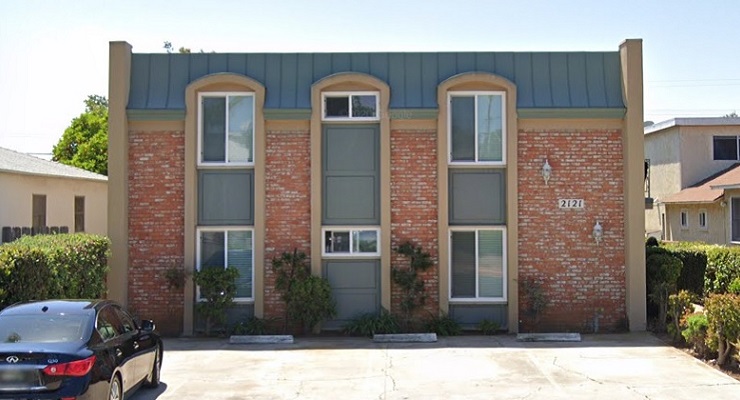
The economy continues to grow, but just a little slower, and continues to be plagued by consumer confidence worries, according to the latest report from the California Association of Realtors (CAR) .
“The early reading for Gross Domestic Product (GDP) of the first quarter of this year suggests that the economy expanded but the momentum appeared to have fizzled out,” said CAR.
Despite real income improving for nine months in a row, consumers had been holding back, according to recent data, the report added.
While a strong labor market continues to support wage growth, it also translates into higher labor costs and places more pressure on inflation, said CAR, coupled with the fact that recent bank failures added uncertainty to the overall health of the economy in the long-run.
This also tamps down consumer confidence on the short-term economic future.
As has been the case for some time now, the short supply of existing homes for sale has steered more home buying activity into the newly constructed housing sector, which comprised 33.2% of total single-family housing inventory in March – nearly double the 17.8% average in the year before the pandemic.
According to the National Association of Home Builders (NAHB), new home sales surged 9.6% in March to a 683K annual pace. March 2023 was the third increase in the last four months and the highest sales pace recorded since March 2022.
The high mortgage rate environment has made homeowners hesitant to list their homes and trade up to higher rates, forcing many homebuyers to turn to this new construction, said CAR.
The NAHB monthly sentiment survey also revealed that 59% of builders used incentives in March, making new homes relatively more attractive for affordability-crunched buyers.
Thus, sales of new homes increased 9.6% from February to an annual pace of 683K as buyers turned to new construction amid low resale inventory. Although February’s sales gain was revised down to a 3.9% decline, March was the third increase in the last four months and the highest sales pace recorded in 11 months, said the survey.
The increase in sales finally began to make a dent in the Months of Supply of new homes, which dropped from 8.4 months in February to 7.6 months in March. The sales increases also resulted in greater competition and modest price gains, said the CAR report.
The median price for new homes also rose 3.8% over the month and 3.2% over the same month of last year, so new home sales continued to run below their pace of one year ago as interest rates remained elevated.
Consumer confidence continues to be an issue as those numbers dipped to a six-month low in April .
Specifically, the Conference Board Consumer Confidence Index® fell in April to 101.3 (1985=100), down from 104.0 in March. The Present Situation Index—based on consumers’ assessment of current business and labor market conditions—increased to 151.1 (1985=100) from 148.9 last month.
The Expectations Index—based on consumers’ short-term outlook for income, business, and labor market conditions—fell to 68.1 (1985=100) from 74.0. The Expectations Index has now remained below 80—the level associated with a recession within the next year—every month since February 2022, with the exception of a brief uptick in December 2022.
The survey was fielded from April 3—about three weeks after the bank failures in the United States—to April 19.
“While consumers’ relatively favorable assessment of the current business environment improved somewhat in April, their expectations fell and remain below the level which often signals a recession looming in the short-term,” said Ataman Ozyildirim, Senior Director, Economics at The Conference Board.
“Consumers became more pessimistic about the outlook for both business conditions and labor markets. Compared to last month, fewer households expect business conditions to improve and more expect worsening of conditions in the next six months. They also expect fewer jobs to be available over the short term. April’s decline in consumer confidence reflects particular deterioration in expectations for consumers under 55 years of age and for households earning $50,000 and over.”
Meanwhile, the present situation index rose slightly to 151.1 during the same month, as consumers remained upbeat about both the labor market and business conditions.







